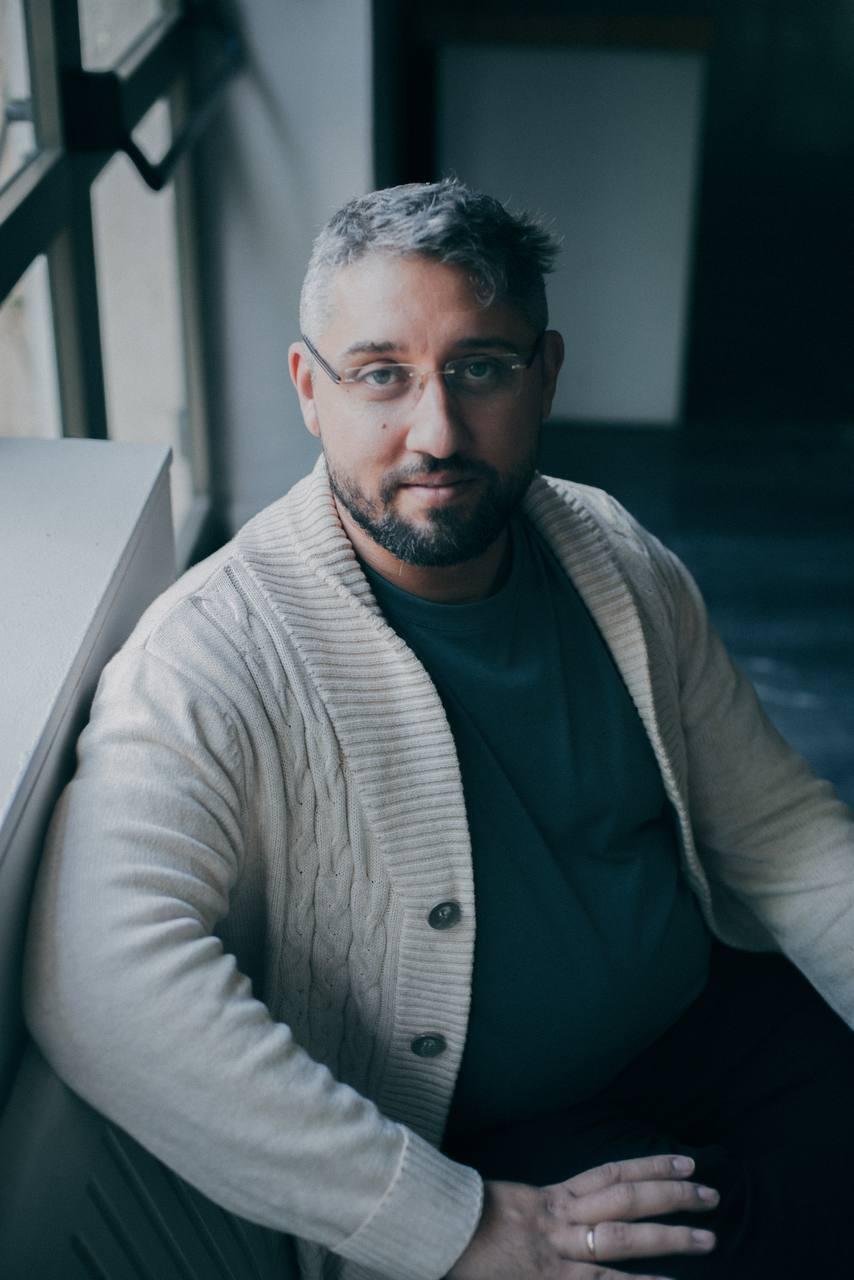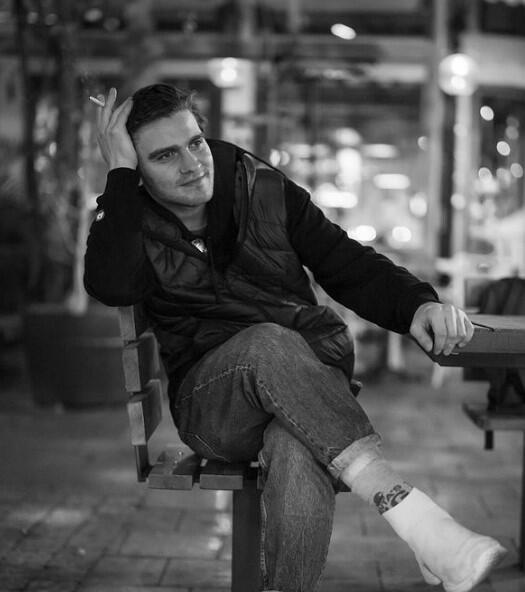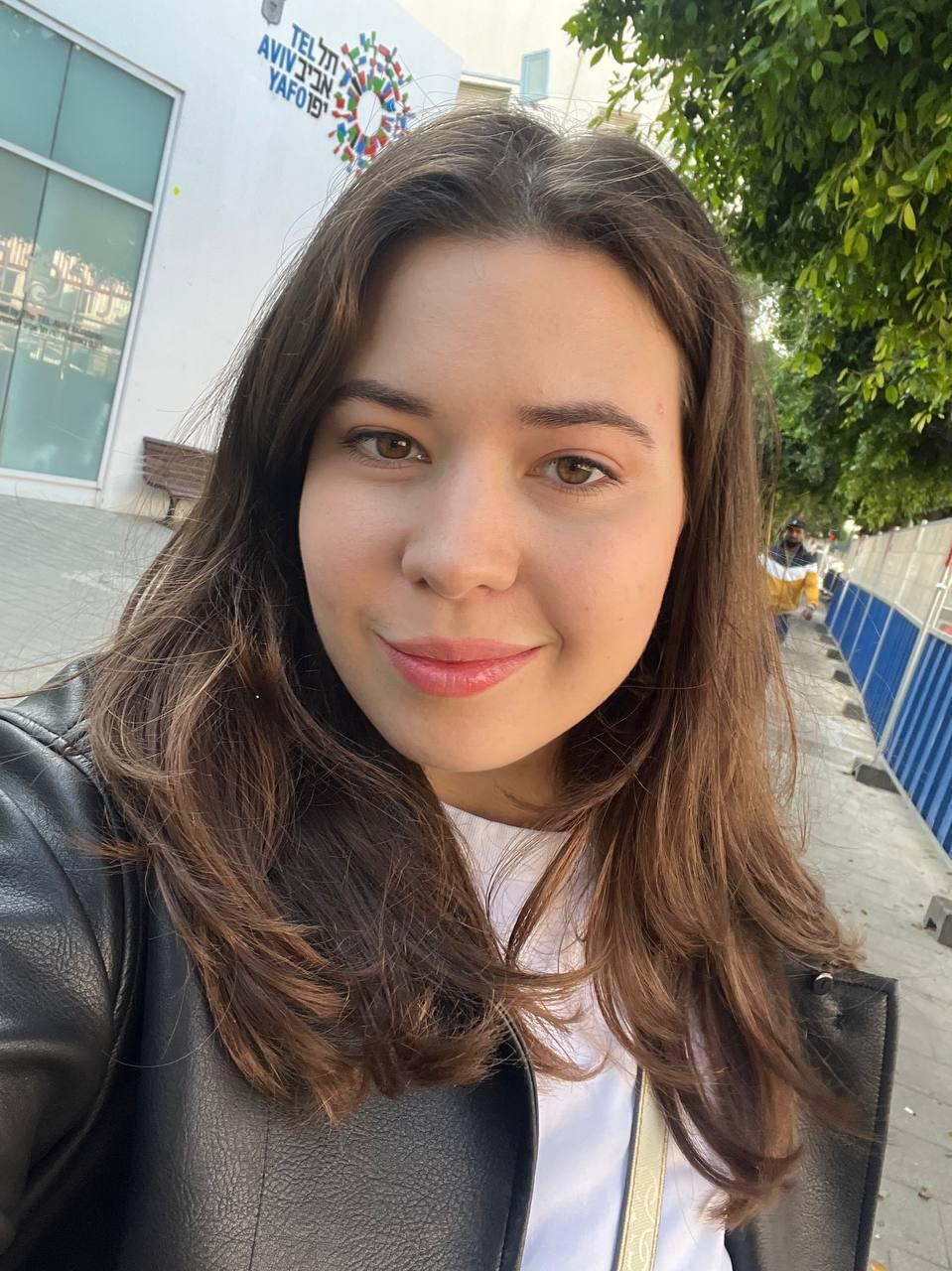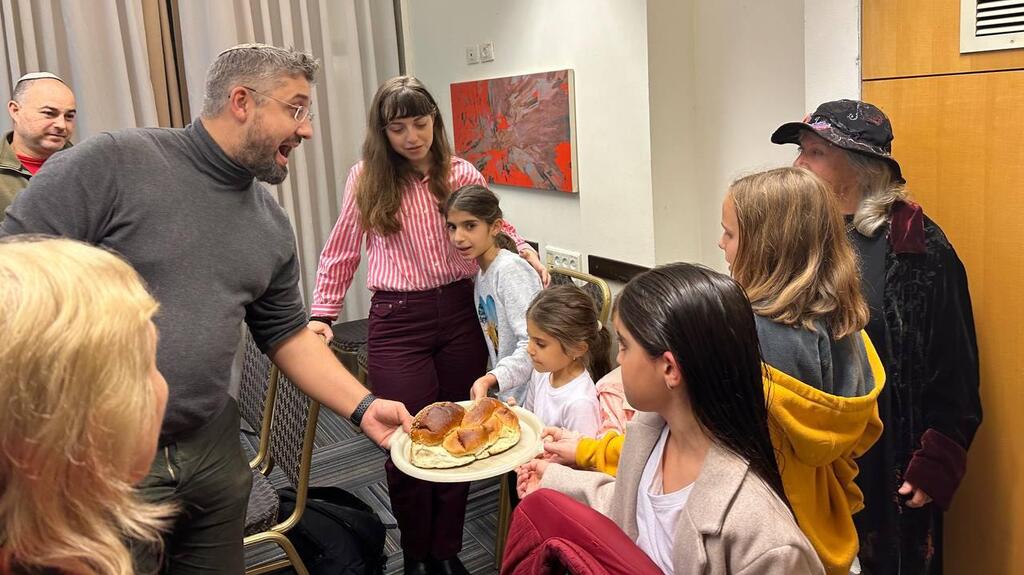An astonishing 83,198 Olim from Russia have taken refuge in Israel since the outbreak of war between Ukraine and Russia on February 24, 2022, according to a report by the Ministry of Aliyah and Integration. According to Israel’s Central Bureau of Statistics, this influx is part of a broader pattern in which approximately 1.3 million Russian speakers have settled in Israel, accounting for 15% of the country’s population, and this demographic includes others. Also included are people from post-Soviet states.
5 View gallery


Rabbi Benjamin Minnich
(Photo: Provided)
However, the transition to Israeli life was not smooth for many. These newcomers, who struggle with cultural and religious assimilation, often experience severe isolation and loneliness. As adaptation hurdles continue into the second year of employment, the urgency to address integration challenges becomes increasingly apparent.
To gain insight into their situation, The Media Line recently spoke to Rabbi Binyamin Minnich, a Russian “war aliyah” expert from Jaffa’s Daniel community. He frequently interacts with new Israeli citizens from post-Soviet regions.
“Indeed, returnees from post-Soviet regions face difficulties integrating into Israel. Although everyone has ‘returned home’, the migration crisis remains. People is experiencing difficulties from an economic point of view. First of all, not everyone wants to eat. And then comes the crisis of culture and language,” Rabbi Minich admits.
“It is impossible to be fully Israeli unless you were born here. So there is always a crisis,” he added.
The rabbi calls the current weakness in the integration of Russian returnees a failure of the multicultural approach. “People think that because there is a large Russian-speaking diaspora here, they can settle here without much effort, but that is not the case.Despite Israel’s liberalism, even the most secular “There are cultural and religious norms here, even among the country’s population,” Minich said. .
Dasha Shkolnikova, a 28-year-old Russian immigrant, talks about the difficulties many people face when integrating into Israeli society.
5 View gallery


Dasha Shkolnikova
(Photo: Provided)
“The fundamental mistake that many people make is to close their minds. Israel is not suitable for such a country. You have to go out and socialize. Everything that is here is always outside. It’s designed so that no one is home. That’s the culture,” Shkolnikova said.
“Many Russians leave the country involuntarily, but in their hearts they think that they have ‘escaped’. They only communicate with Russians,” she added. “Then it becomes a real Bat Yam (Israeli city popular with Russians), almost like a ghetto.”
Journalist Ilya Egorov echoes that experience. “I was on a business trip, so I literally fled to Israel with just one suitcase. Later, I managed to transfer my documents and repatriate me.”
“I rented an apartment, locked myself on the balcony every day and opened Zoom to communicate with colleagues and friends who remained in Russia.To be honest, apart from one business trip, I went to Jerusalem. I’ve never even been there,” he admits. Egorov.
Additionally, many immigrants from post-Soviet regions feel nostalgic for their countries of origin. Russians may feel that their identity and culture are threatened.
“There are a lot of Russian shops and events here. You can basically find anything. But here in the East, many things feel unfamiliar. For example, everyone here is very It has a sense of touch, and for someone from post-Soviet space, this is very unusual.”
“I feel as if this life is not mine, and my life remained in Russia,” Egorov added. I have a passport. ”
5 View gallery


Ilya Egorov
(Photo: Provided)
At the same time, he wants to learn the language and feel like an Israeli. Egorov praises Israel’s spirituality and its people’s resilience in the face of hardship and war. “Right now, I’m acutely aware of anti-Semitism in the world, and I believe I have the right to say that it has a direct impact on me,” he says.
Rabbi Minnich explains that the self-identification of many repatriated Jews changes after immigrating to Israel, making it difficult for them to integrate.
“Probably back home they felt Jewish and no one would dispute that. But in Israel they were reminded that they were not matrilineal and therefore not ‘true Jews.’ “It’s possible,” says Minnich.
His words were confirmed by Polina Alzitzer, a 25-year-old language teacher who was repatriated from Russia to Israel in April 2022 due to the outbreak of the Ukraine war.
“I have Jewish roots, but unfortunately no one in my family supported Jewish traditions. We didn’t talk about it. I always knew my grandfather was Jewish. “But we never emphasized it,” she explains.
“According to halacha (biblical law in Judaism), there is strong discrimination against non-Jews here. It makes me very upset and angry. I don’t understand what the problem is. For example: , “Why can’t you get married without a certificate showing that your mother is Jewish?” I faced this when I started dating my boyfriend, and it was difficult for me, ” confesses Polina.
5 View gallery


Polina Alzitzer
(Photo: Provided)
“This country is secular, but at the same time very religious. When it comes to family, tradition, and everything else, I definitely feel a lack of knowledge, because my family is not fully Jewish. ,” says Shkolnikova.
“You have to get used to the tradition and understand it,” she added thoughtfully. “You cannot live in another world, cut yourself off from it and continue to live as if you were in Russia. If you do that, why are you here?”
Rabbi Minnich says his community is not only liberal, but also multilingual and multipolitical, welcoming not only maternal Jews but also children, grandchildren, and Jewish spouses.
“I don’t really believe in the concept of a Russian-speaking synagogue, because I think it’s impossible to avoid the side effects of ghettoization. Therefore, my community is completely Israeli and They speak six different languages,” says Minich.
Returnees also emphasize the importance of language.
“I immediately enrolled in Ulpan (Hebrew language school) because I thought I needed it. Language is the DNA of a people and culture. Without language, it would be much harder to assimilate.” says Shkolnikova.
5 View gallery


Shabbat at Rabbi Minnich Synagogue in Jaffa
(Photo: Provided)
Ulpan is a big step, but it’s not necessarily a complete solution. “Ninety percent of my surroundings still speak Russian, which is why Hebrew is so difficult for me. The problem is that I still can’t fully accept that I need the language. . I can’t say I fully understand it,” Alzitzer said. I abandoned my past and my understanding of myself as a Russian. ”
Minich believes that despite all the difficulties, returnees who remain in Israel will greatly contribute to the development of Israeli society.
“Israel is a complex country and it’s not easy to live here. Those who are comfortable in Israel end up devoting themselves to the country and making it better,” he says.
“Immigration is always difficult, and the least we can do for new arrivals is to make them feel at home,” Minnich concluded.
This story was written by Veronica Neifakh and reprinted with permission from The Media Line.
Source link

